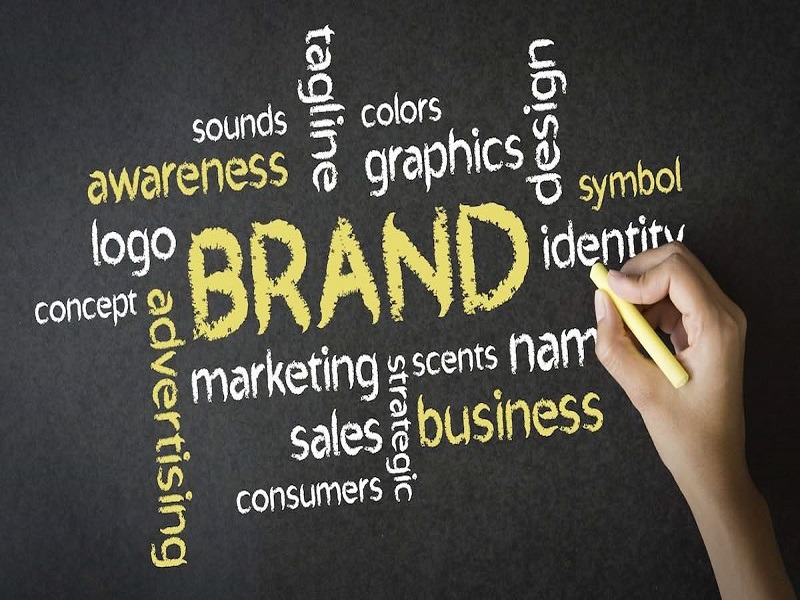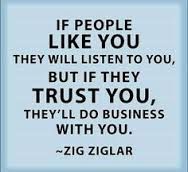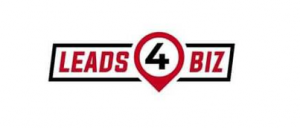
Branding V Marketing What’s the difference?
It might be challenging to keep track of all the buzzwords used while starting a business because they are frequently used interchangeably. Moreover, branding and marketing are two ideas that frequently get confused with one another. What distinguishes branding from marketing, then? For your benefit, we’ll break it down in this article.
In actuality, branding and marketing are two quite distinct ideas. And if you want your business to succeed, you must be aware of the differences between the two and know how to leverage each one to advance it.
What precisely is branding, then? What is advertising? What distinguishes them, and how can you combine the two to create a fruitful, significant business?
A real-world example of branding and marketing
Every day we come across marketing and branding, but what’s the difference?
Marketing and branding definitions

Let’s start by discussing what marketing and branding are specifically before moving on to how they differ from one another.
The collection of techniques, procedures, and tactics you employ to actively market your business, its goods, and services is known as marketing. Consider marketing as the steps you take to engage with clients and persuade them to purchase your goods or services.
On the other side, branding is the marketing strategy of deliberately creating your brand. Branding is the process of describing your company’s identity. It’s your purpose, your principles, and what distinguishes you from others. It consists of your primary brand components, such as your logo, website, and brand style standards. If marketing brings in new customers to your business, branding is what keeps them coming back for years to come.
Consider your brand to be a Big Mac, where your branding would be the “special sauce” and your marketing would be everything you do to entice customers to take a bite (like your commercials, social media ads, and other campaigns).
Contrasting marketing and branding
Now that we are aware of them, let’s discuss the main distinctions between marketing and branding:
While marketing is used to promote your product or service, branding is used to actively shape your brand and who you are. Each require strategies since they have different objectives and expected outcomes.
While branding helps to hold a customer’s attention, marketing draws it in.
Marketing increases sales, whereas branding increases loyalty and awareness.
While marketing tactics change, branding remains constant.
Your staff is affected by branding in the same way that your customers are.
While branding is a fantastic way to hold a customer’s attention, marketing may be a great approach to attract new ones.
Whatever field you’re in, there’s a good likelihood that you’re only one business among many. Also, marketing is a necessary if you want to make a splash and get your audience’s attention.
Once you have a customer’s attention, though, you need something to hold their interest, and branding fills that need.

While marketing will help cut through the noise and get your brand in front of the appropriate people, if you want to keep it there, you need to establish a brand that people can connect with. People want to do business with companies they can get behind and brands they believe in.
Thus, to put it briefly, you need the appropriate marketing techniques to distinguish your company from the competition and signal to your clients, “Hey! I am here. —but branding is necessary to build a connection with them over time and keep them coming back after the initial “hello.”
Marketing increases sales, whereas branding increases loyalty and awareness.
The main goal of the majority of marketing tactics (such as SEO, content marketing, or advertising) is to produce results, and these outcomes are almost always related to sales.
This is fantastic! Of course, driving sales is necessary if you want your business to succeed.
Yet branding adopts a different, longer-term strategy. If you want to increase revenue, branding isn’t the ideal strategy. But, it is the greatest option if you want to increase brand awareness, encourage positive brand sentiment, and cultivate customer loyalty, which are equally as important—if not more so—and which, ironically, will have a significant effect on your capacity to increase sales over time.
Hence, see branding as a marathon and marketing as a sprint when it comes to sales. More akin to a marathon, that.
Branding comes first, followed by marketing.
Which came first, the chicken or the egg? is an old proverb. The question “which comes first—branding or marketing?” would perhaps be more appropriate if we were discussing the corporate version of that adage.
In the overall plan of developing your company, branding is always prioritized over marketing. And with good cause! A brand that you haven’t yet created can’t exactly be marketed.
Your branding must be a priority before you even consider creating a marketing plan. What kind of brand are you? What do you hope to contribute to the market? What central beliefs guide you? And maybe most significantly, how will you convey that to your intended audience?
It makes logical to start thinking about marketing once you have the answers to those questions. Because once your identity is established, you’ll have a better knowledge of who you are, who your customers are, and the best ways to connect with them—and you’ll be able to develop a marketing strategy that makes this happen.
Don’t get us wrong, though; if you want to start a great company, you’ll need to actively advertise it (#captainobvious). But, the methods you employ to market your company are only temporary; each marketing strategy will have a distinct start, middle, and conclusion
Branding is unique. No of where you are in your business, you will constantly be striving to establish your brand’s identity, influence how your audience perceives it, and develop stronger, more lasting bonds with your clients. You must develop your branding in tandem with the growth and evolution of your business.
The bottom line is that marketing tactics will change over time (as they should!). Though branding? Branding lasts a lifetime.

Your staff is affected by branding in the same way that your customers are.
The individuals on your team will be in charge of creating and carrying out your marketing plans. But outside of that (which is, you know…their job), your marketing isn’t going to have much of an effect on them.
Your branding, though? That is a very other tale.
Both your employees and your clients may be significantly impacted by your branding. Both your staff and your consumers must trust your brand in order for you to conduct business. Your employees will be more enthusiastic and dedicated to their work if you create a brand that they genuinely believe in. Your firm will prosper as a result of their hard work, drive, and contribution of their best ideas.
So, it is your team’s obligation to establish your marketing plan; yet, if you want to grow your firm, it is your responsibility to develop a brand that your team is enthusiastic about.
Put marketing and branding to use to grow your company.
You have the resources you need to employ both marketing and branding to advance your company now that you are aware of their differences. So why are you still waiting? Get out there and start establishing your brand while creating the marketing plans you need to expose that brand to your ideal clients.




